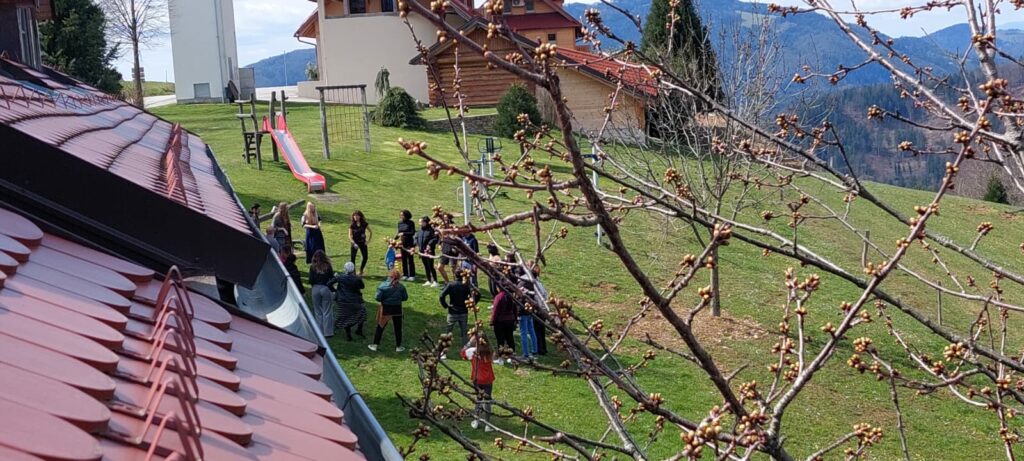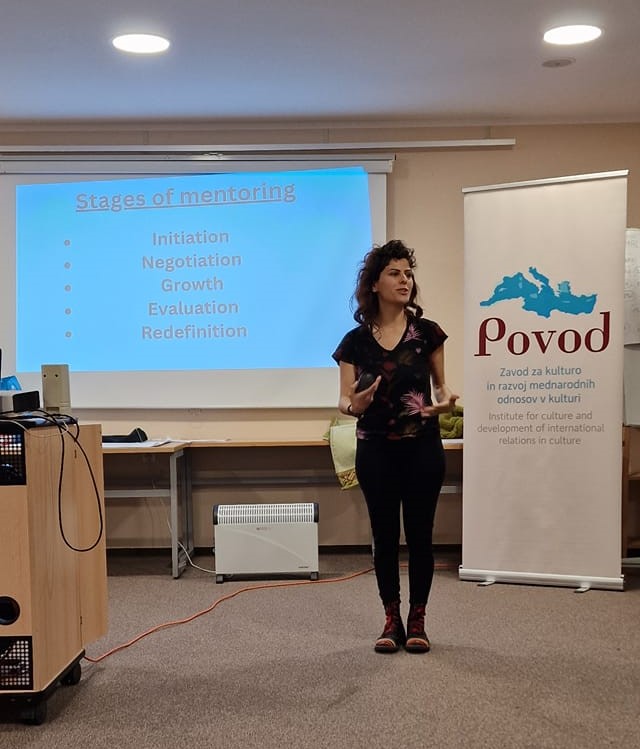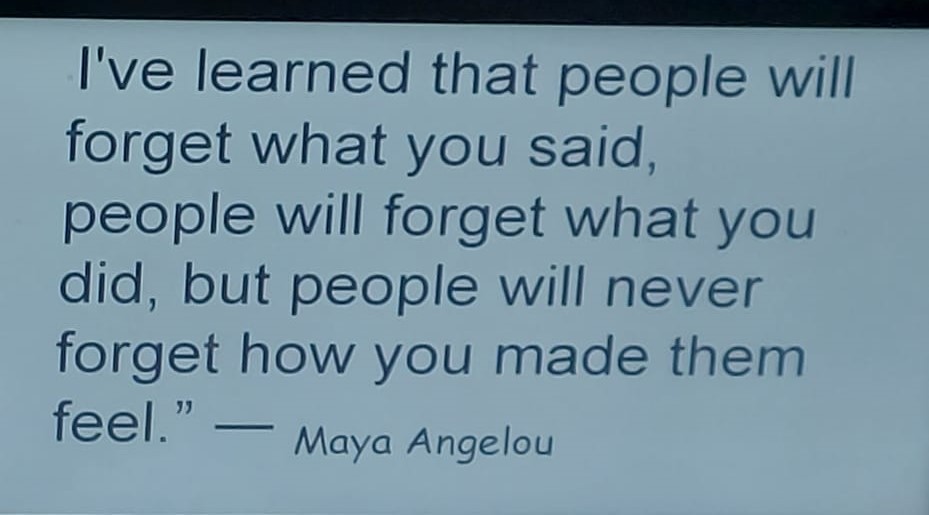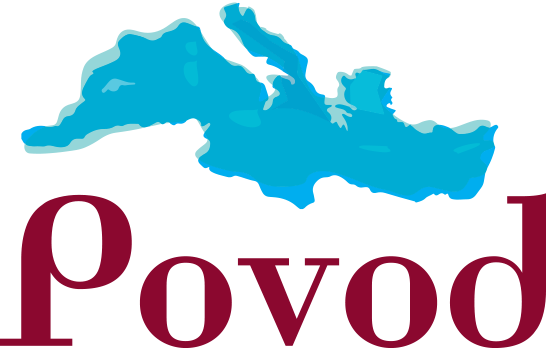
Our international training of Mentors from 10th to 17th April was a huge success thanks to our team of intercultural trainers led by Samar Zughool, who designed and delivered a dynamic training course based on critical and experiential learning; and to our great group of international participants who contributed with their insights and experiences; the participants are mentors coming from everywhere and currently based in Turkey, Malta, Greece, Italy, Estonia, Poland, France, Sweden and Slovenia.
In this training course, our trainer guided a critical learning process while delivering concrete steps on switching from traditional mentoring to reverse mentoring as a relationship based on equal participation and integration as a two-way process and stepping out from ethnocentrism to ethnorelativism. She dedicated part of the training to critically redefining our inclusive languages from the lens of gender and intercultural sensitivity learning. We had a rich journey reflecting on the dynamics of power relationships and how to create an inclusive language from the lens of gender sensitivity learning and an intersectional lens based on the circle of privilege and oppression.

Afterwards, the participants proceeded with critically identifying barriers to social and labour integration in their geographical locations of living. Then the trainer guided the process of a self-directed learning journey to establish the S.W.O.T’s profiles as mentors in response to social and labour integration barriers from an intersectional lens and in the geographical locations where they currently live and work.
The participants underwent the five stages of reversed mentoring (initiation, negotiation, growth and maintenance, evaluation, and redefinition). They critically implemented the mentoring techniques they practised, such as (the wheel of life, and active listening tools, such as S.O.L.E.R, the D.E.V.A module for mentoring, the REAL goals, and the S.M.A.R.T tools) into the theory of change where reversed mentoring is part of the planned activity to overcome social and labour integration barriers from an intercultural and intersectional lens where dynamics of power relationships are acknowledged and combated.

On the first day, our group of international participants, who are mentors based in Estonia, Poland, Turkey, Malta, Greece, Italy, France, Sweden and Slovenia, explored the concept of communication and active listening from a decolonial lens, getting to know themselves and each other through the golden circle techniques while unpacking the concept of active listening as a critical tool for mentoring.
Later on, our participants unlearned the concepts of migration and integration through a group game that challenged our perception of what are migration and social integration. Our trainer concluded the learning game with theoretical insights on intercultural sensitivity and questionnaires for self-evaluation and self-directed learning.
The participants unpacked social and labour integration obstacles in their geographical areas of living from an intercultural and intersectional lens.
In response to the shared obstacles, the participants created their profiles as mentors; afterwards, our participants started exploring the cycle of privileges and oppression as an essential step to acknowledging the dynamics of power relationships. Based on this exploration, they began to create their “do and do not” as mentors or mentees.
The participants matched in pairs on the fourth day and started practising step-by-step mentoring tools from initiation to redefinition. Each day contained a self-directed learning session with handouts provided by our trainer; the participants had the chance to reflect on their day and evaluate their performance through self-directed learning and the experiential learning cycle where we do not learn from an experience but by reflecting on it.
On the fifth day, the participants had the chance to use all the knowledge they gained about mentoring, intercultural and gender sensitivity learning and intersectionality into a concrete form of action plans where reversed mentoring is used and implemented as a solution in the theory of change.
On the sixth day, the participants shared their unlearning and learning experiences during this week in summarised articles we will share once we have our website, “Mentoring Power in Integration”.
For more details on the program and the potential to reduplicate it, please get in touch with us at samar@povod.si

Intercultura Dinan, Prisms Malta, Iasis Amke Athens, SwIdeas, DeM Deneyimsel Eğitim Merkezi, Fundacja Europejski Instytut Outsourcingu

